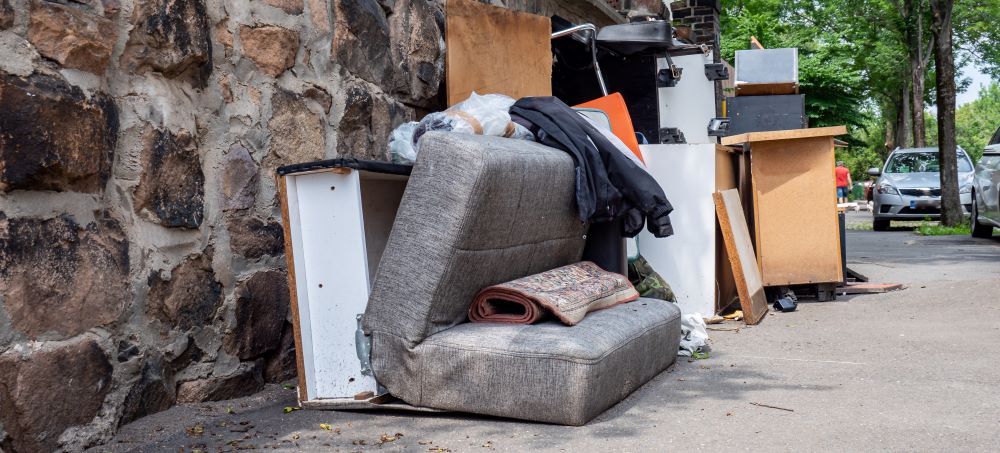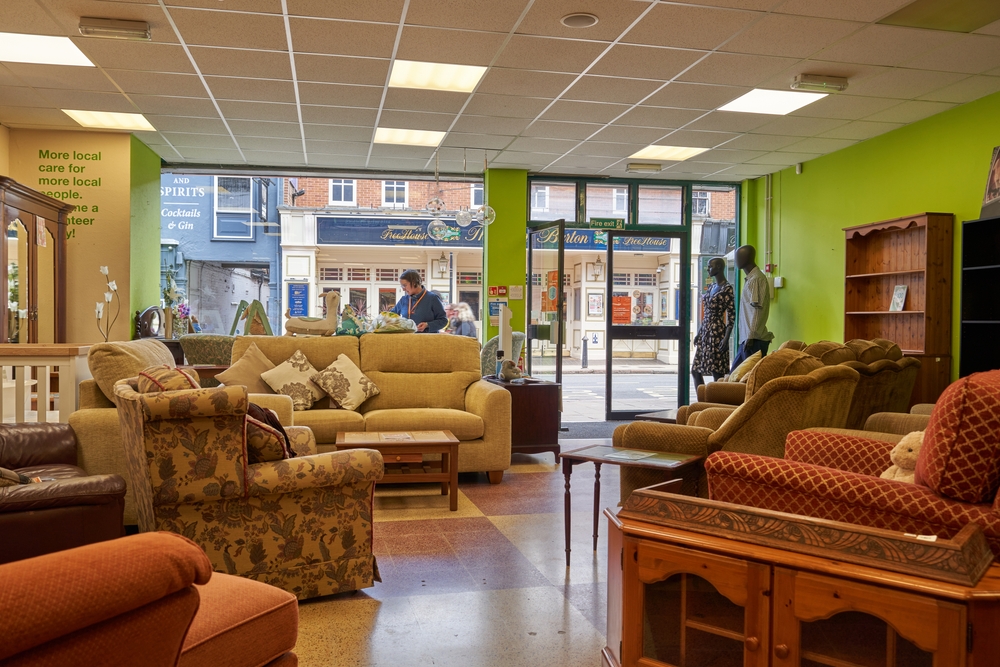After an investigation found large levels of POPs in seating textiles and foams, the Environment Agency issued instructions last August that upholstered waste domestic seating must be sent for incineration rather than landfill (see letsrecycle.com story).
The Agency published guidance on the new rules in December (see letsrecycle.com story). Jonathan Mail, the Charity Retail Association’s head of public affairs, said this had led to several local authorities and waste companies stopping accepting sofas or “hiking prices”. Mr Mail described this as a “major concern” for charity retailers.
He added: “The UK’s 950 charity shops selling furniture face a potentially significant increase in the cost of disposing of any item of upholstered furniture which cannot be resold.
“Whilst some waste contractors are holding prices, others are proposing price increases of between 50% and 200% or imposing minimum fees or a surcharge per item.”
The Charity Retail Association is the primary membership association for charity shops in the UK.
Fly-tipping
Some local authorities, including Cumbria and Cambridgeshire county councils, temporarily stopped accepting waste upholstered seating items at their household waste recycling centres (HWRCs) due to the new legislation (see letsrecycle.com story). Cambridgeshire has since reversed its decision.

Mr Mail says the Charity Retail Association is concerned there will be an increase in items fly-tipped outside shops in areas where local authorities have stopped accepting waste sofas.
This happened previously during the Covid-19-enforced lockdowns when local authorities stopped accepting bulky waste from residents, Mr Mail says.
He added: “It is vital that the Environment Agency works with the waste sector to give them time to understand the new guidance and to introduce new processes.
“Private waste companies should also have the same access to the time-limited dispensation given to local authorities to mix waste sofas and the like with other waste provided that the entire load is incinerated.”
Reuse
The legislation applies only to upholstered domestic furniture disposed of as waste. If the item is not waste it may still be reused.
The item must meet several conditions not to be considered waste, including that it is reused for the same purpose for which it was designed, that the previous holder intended for it to be reused and that no more than “minor repairs” are required, among other things.
Writing on Twitter, Craig Anderson, CEO of the Reuse Network, suggested reuse was still the best option for many sofas.
Persistent Organic Pollutants (POPs) in Sofas have been a persistent pain for years now – and now the chaos begins. Wait until public backlash on toxic sofas #Reuse is the best option as “not waste” https://t.co/88wrJwGHSy via @letsrecycle
— Craig Anderson (@CraigAndersonUK) January 6, 2023
Councils
The charity sector is not alone in suggesting that the cost of complying with the new legislation is “potentially significant”.
Last week (6 January), the National Association of Waste Disposal Officers, the primary network for councils with the statutory responsibility for waste disposal, issued a statement saying some prices for managing waste upholstered domestic seating were now exceeding £200 per tonne (see letsrecycle.com story).












Subscribe for free